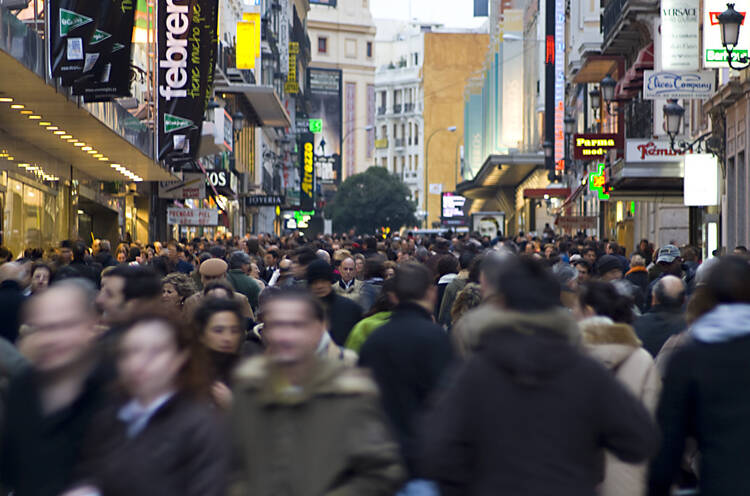As people continue to speculate as to why two Americans recently diagnosed with Ebola would take public transportation and move freely in major cities despite knowing they might present a risk, I've begun to wonder about the ways we frame moral obligation in the United States and in the West generally, and whether this might shed light on those decisions.
In our culture, moral obligations are often framed in terms of what Person A owes to Person B, or what Group A owes to Group B. Think of the great moral narratives that emerge in Scripture: the parable of the Good Samaritan, for example, emphasizes the moral duty to come to the aid of a victim, especially a victim who might be our natural enemy. Jesus tells the story in the context of explaining what it means to be "neighbor" to another. To be neighbor is to show unconditional love, to provide concrete acts of charity to those in need.
The same goes for other stories from the Gospel. The healing of the paralytic, to take another paradigmatic episode, highlights the heroic act of bringing someone to the feet of Christ. In this story, as in others, the inspired authors call us to be with the wounded, whether they come to us or we to them. Avoidance -- of lepers, of tax collectors, or of anyone else whom established social codes deemed unfit or sinful -- is what a Gospel-centered morality inveighs against.
In my experience, it is this act-centered "ethic of involvement" (if you will) that teachers and parents reinforce, and which is at the heart of Western social ethics generally. There really isn't a robust theory of morality that paves the way for people to resist or avoid others, or to keep themselves in isolation, as a result of a moral obligation. To be sure, I'm not saying that such behaviors are not common sense, or that we shouldn't expect them of others. I hope that if someone believes he or she possesses a deadly virus, they will stay away from crowds. However, one reason this self-imposed quarantine might not be a natural next step is that many people might not see such an act as rising to the level of a moral obligation, or at least not to the same degree as others.








